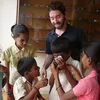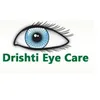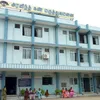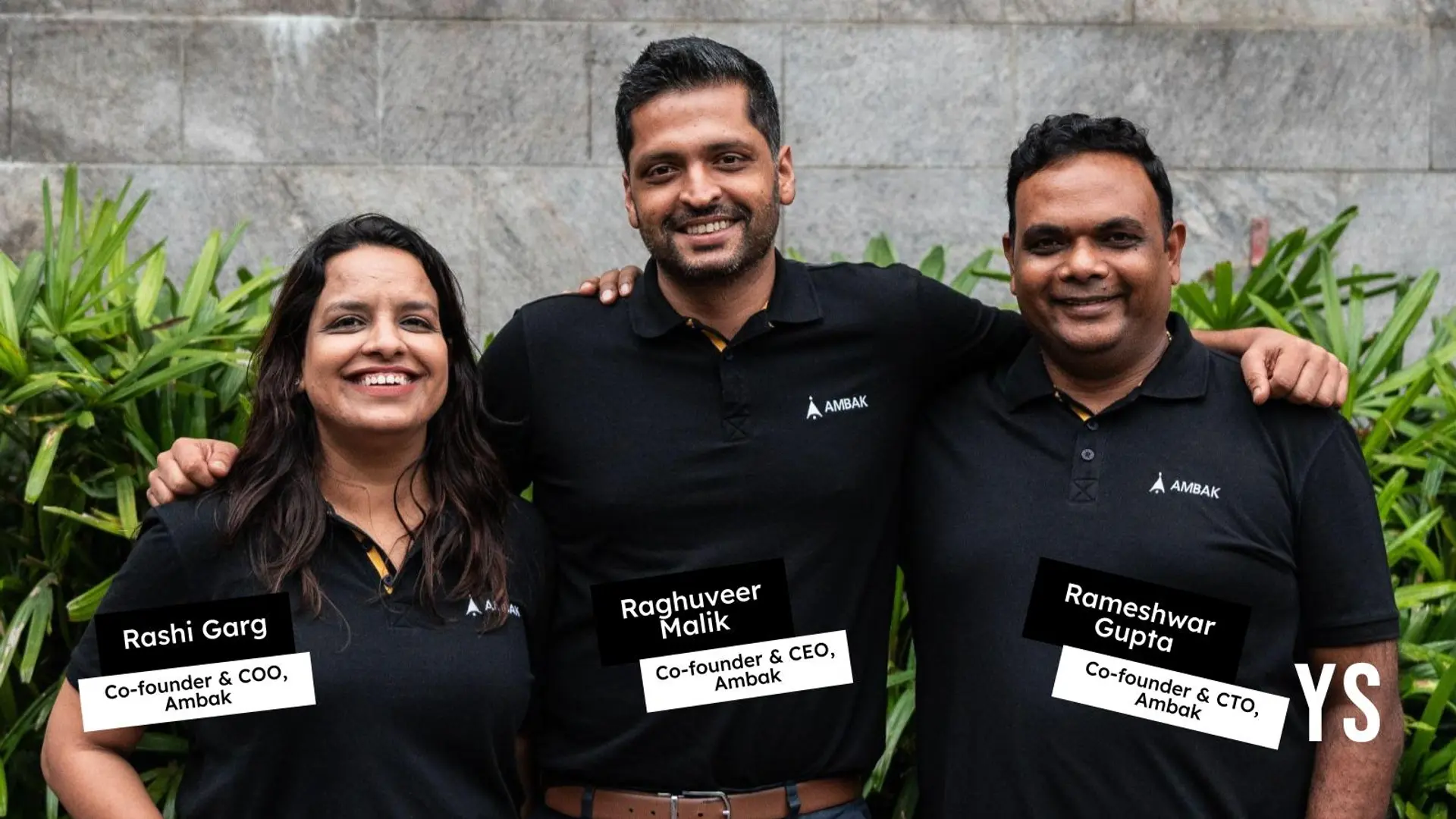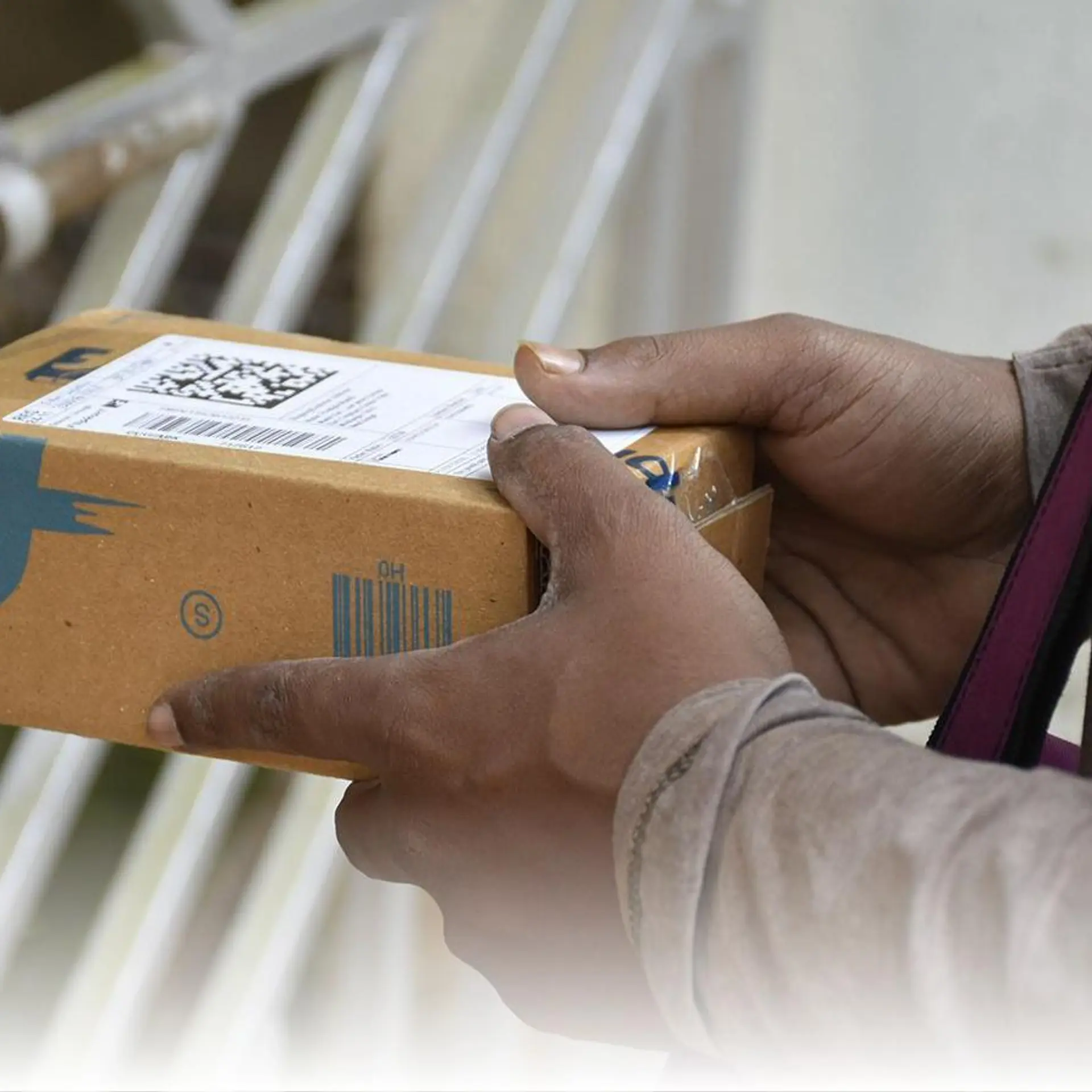Clear vision, many smiles: How a non-profit is helping children in India see better
Orbis India has set up 33 Children's Eye Centres (CECs) across 17 Indian states, and holds programmes to screen school-going children and educate teachers.
India is home to 472 million children. According to a study published by the National Centre for Biotechnology Information, out of 668 hospitals, only 192 (28.7 percent) reported that they provided pediatric eye care services – a handful in a country as vast as India.
Primary and quality eye care is a necessity, and to make it accessible, Orbis International, a non-profit non-governmental organisation, started its saving initiative in India with its flagship Flying Eye Hospital. Orbis International was founded in 1982 in the United States. After running multiple Flying Eye Hospital programmes in Hyderabad and New Delhi, Orbis India established an office in New Delhi in 2000.
Orbis in India
Orbis India launched India Childhood Blindness Initiative (ICBI) flagship programme in 2002. Its aims to ensure that India’s children across geographies have access to quality eye care for generations to come.
Dr Rishi Raj Borah has been an integral part of the Orbis journey for the last 12 years and has developed innovative, impactful, and sustainable home-grown eye care initiatives for millions of children in Indian and Nepalese communities. He is the Country Director of Orbis India.
“Our very first children’s eye centre in India was set up at Dr Shroff’s Charity Eye Hospital in Delhi,” Dr Rishi Raj Borah tells SocialStory.
Before working in the field of eye care, Dr Rishi worked with UNICEF, CORDAID and Don Bosco Institute. He is also a Board Member of VISION 2020: The Right to Sight India.
Pediatric eye care services
As part of Orbis Comprehensive Childhood Blindness Project, their partner, Akhand Jyoti Eye Hospital (AJEH) conducts school screenings in some of Bihar’s districts. Several children with vision problems were identified and prescribed spectacles during the school screening in the village of Dariyapur.
In one of Dariyapur’s schools where the screening was conducted, a girl named Rinky was identified to have poor vision. The AJEH team discovered that the 13-year-old had been suffering for the last two years.

Rinky
“During Rinky’s detailed eye test, the child complained about several issues she faced including blurring of vision, difficulty to read the blackboard, and inability to identify objects at a distance,” adds Dr Rishi.
Her poor vision would also hinder her daily activities and despite being scolded in class for being unable to read, Rinky was largely unaware of her problems. Due to uncorrected refractive error, which was blurring her vision, Rinky would be uncomfortable while watching the television and identifying objects in low light conditions. She even had difficulties in seeing under bright light.
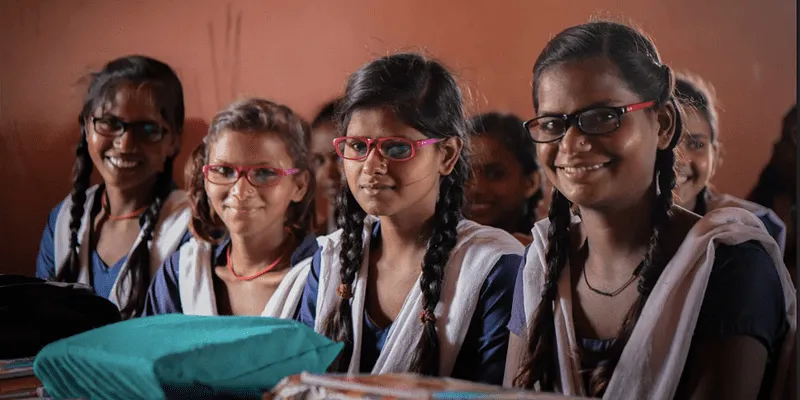
Rinky and her friends
Working on Rinky’s vision
The Orbis-AJEH team came to Rinky’s rescue. They identify cases like Rinky’s, while generating awareness for teachers in these schools. The team also actively engages with the parents of children who go on to get treatments done via the screenings.
Rinky was identified with myopia, which is the inability to see objects at a distance, and was prescribed with a pair of spectacles by the team.
“Her initial hesitation was replaced with happiness soon after she started wearing the eyeglasses regularly. She could see the difference it made to her vision. It was clear!” says Dr Rishi.
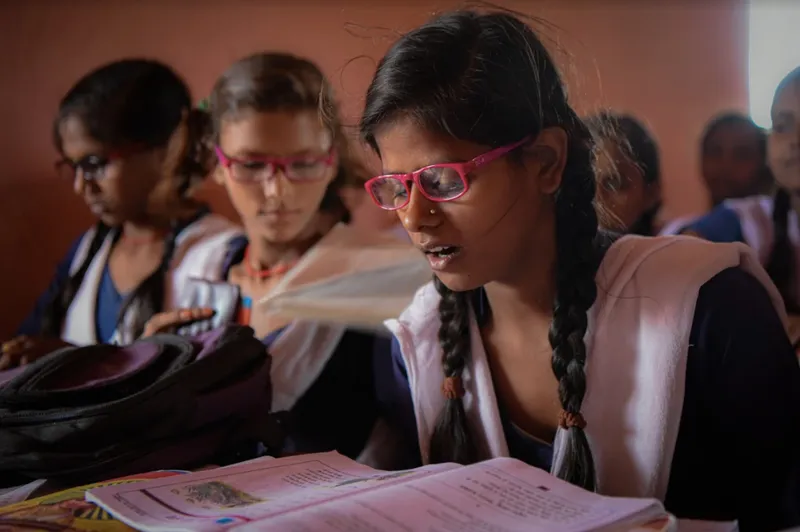
Rinky in her classroom
Rinky was glad about wearing spectacles and soon realised that, like her friends, she was also able to see things clearly.
“I really appreciate this programme because it is spreading awareness and providing solutions at the same time for our children,” says Rinky’s school principal, impressed with the efficiency of the Orbis partner hospital when it came to identification and treatment.
So far
As of today, Orbis India has presence in Delhi, Punjab, Uttar Pradesh, Uttarakhand, Chhattisgarh, West Bengal, Odisha, Bihar, Maharashtra, Rajasthan, Gujarat, Madhya Pradesh, Kerala, Karnataka, Andhra Pradesh, Arunachal Pradesh, and Assam.
Millions of children’s lives have been positively affected by programs similar to the one in Rinky’s school. 33 Children’s Eye Centers (CEC) have been established across the country, which are supported and equipped with quality partners and teams.
Edited by Kanishk Singh


